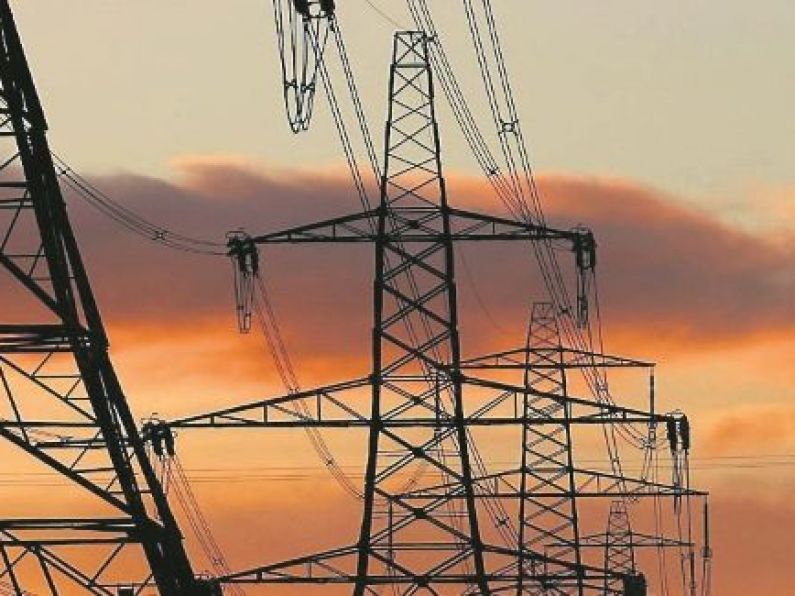Ireland is one of the most expensive countries for household electricity and gas prices in the European Union, new data shows.
At 21 cent per kilowatt hour, (kWh) Ireland has the fourth highest cost for electricity, while it is the second most expensive for gas usage at almost 10 cent per kWh.
Belgium is the most expensive country for electricity in the EU at 28 cent per kWh, followed by Denmark and Portugal. Bulgaria is the cheapest at almost 10 cent per kWh. There was no data provided for Spain, Italy or Cyprus.
The data, released by Eurostat today, calculates the weighted average price of household consumption of electricity and gas across the EU for 2017.
It also includes prices from Iceland, Liechtenstein, Norway, Albania, Macedonia, Montenegro, Serbia, Turkey, Bosnia and Herzegovina, Kosovo, Moldova and the Ukraine.
Sweden is the most expensive for gas at 12 cent per kWh, while Romania is the cheapest at 2 cent. There was no data available for Germany and Italy.
Eurostat, which is the statistical office of the European Union, notes that the price of energy in the EU "depends on a range of supply and demand conditions, including the geopolitical situation, the national energy mix, import diversification, network costs, environmental protection costs, severe weather conditions, or levels of excise and taxation".
Today's release is the first time Eurostat has published comparable electricity and natural gas prices for the EU, but given that the statistics are for 2017, the data does not represent recent energy price hikes in Ireland this month.
Electric Ireland, Energia, Flogas, Panda Power, Pinergy, PrePayPower and Bord Gáis have all raised their prices in August by between 5.8% and 9.38% for electricity and 4.7% to 12.8% for gas.
Commenting on the figures, Daragh Cassidy, Head of Communications at price comparison and switching website bonkers.ie said: “The latest figures from Eurostat will be hard for households in Ireland to stomach, particularly as we’ve just seen a raft of price increases from the energy suppliers."
Bonkers notes that Ireland is an expensive country and that energy prices here are in line with other costs here when compared to other EU countries as wages and business overheads are factored into the price of supplying energy.
The website says that "firm answers" are needed from the Commission for Regulation of Utilities and the government as to "why exactly we pay so much more and why the deregulation of the energy market appears to have had little effect on households’ energy bills".
Mr Cassidy recommends households to reduce energy consumption and to switch energy supplier in order to obtain a cheaper rate.
“Consumers should always look at ways to reduce their energy consumption. Also, various grants are available to customers to improve the energy efficiency of their homes and I’d encourage people to check these out."
"Secondly, customers should look at switching energy supplier each year. There are still heavily discounted plans available to customers who switch to a new supplier, along with ongoing discounts for things like paying by direct debit and opting to receive bills online," he said.
"Customers could save over €300 a year by switching from a standard tariff to the cheapest deals on the market so I’d strongly encourage people to do so."






